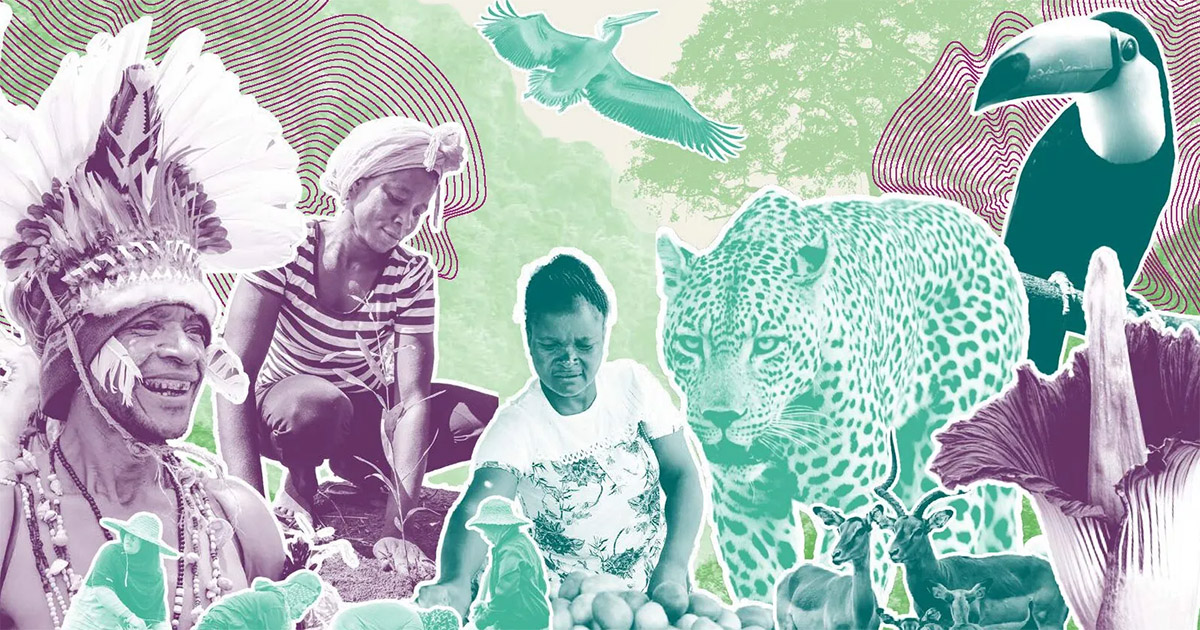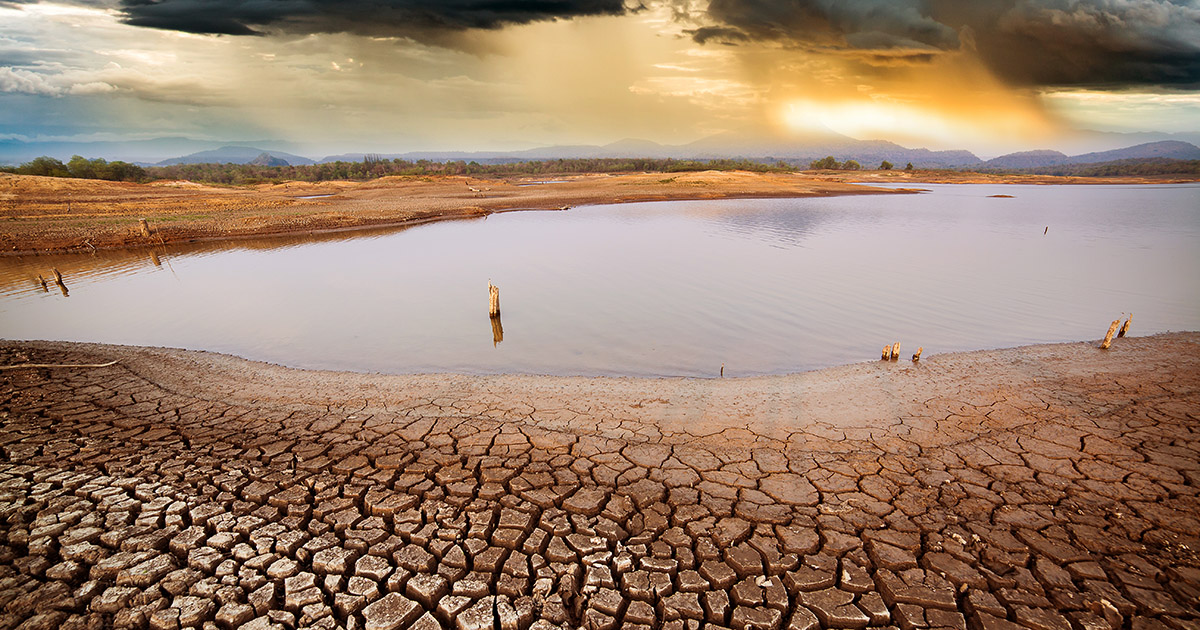Deforestation in the Democratic Republic of the Congo (DRC) is significantly lower than in other heavily forested tropical countries. However, there is increasing concern that this rate is likely to accelerate. Many of those concerned about future deforestation argue that shifting cultivation is the primary driver and that if nothing is done to change the practice, it will cause even more forest loss. This study reviews the evidence in support of these claims. In the first section, we compare the results of the most recent remote sensing-based studies on the rate of change in forest cover and try to explain why and how they differ. We then review the literature on the relationship between agriculture and deforestation in the DRC, with particular attention to the role of shifting cultivation. Finally, we integrate the insights from both the remote sensing studies and the broader literature to arrive at a general picture of the current state of the forest in the DRC and the risks for its future. Overall, we find that while there is substantial variation in the recent deforestation estimates for the DRC depending on definitions, methods and approaches, some deforestation is taking place — albeit at a slower rate than in the rest of the tropics. This deforestation is concentrated in Kinshasa and Bas-Congo provinces, in the eastern DRC and around medium-sized cities along the Congo River. Agriculture appears to be the main driver of deforestation and its impact will likely increase as the country's population grows. While some researchers argue that this presents a real threat to the future of the DRC's forests, there is a lack of strong evidence to show the magnitude of this threat. If the impact continues to be felt mainly in the areas where it is currently taking place, the overall ensuing deforestation may not be very extensive. While the local impacts may be real, given the vast size of the DRC and the location of its large tracts of forests, there is a strong possibility that the overall biodiversity and carbon impacts of such deforestation will be limited.
Download:
DOI:
https://doi.org/10.17528/cifor/005458
Jumlah Kutipan Dimensi:

Tahun publikasi
2015
Penulis
Ickowitz, A.; Slayback, D.; Asanzi, P.; Nasi, R.
Bahasa
English
Kata kunci
deforestation, degradation, agriculture, tropical forests, conservation, remote sensing, shifting cultivation
Geografis
Democratic Republic of the Congo

















